1. Alabama
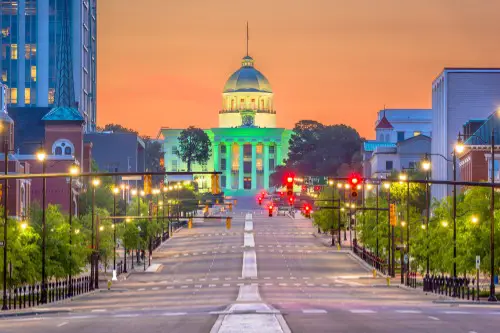
Alabama is a state where locals sometimes choose to keep quiet about the more complicated aspects of its history, especially when it comes to civil rights, according to the Encyclopedia of Alabama. The deep divisions left by segregation and the violence of the civil rights era remain sensitive topics for many people in the state. While some residents are eager to highlight the state’s contributions to the civil rights movement, others may prefer to avoid discussing the darker moments, like the 1963 bombing of the 16th Street Baptist Church. There’s a kind of unspoken agreement to gloss over these painful memories, particularly in rural areas, where community ties still hold a lot of weight.
However, Alabama’s historical narrative is far from straightforward. The state was at the center of key events in the South’s struggle for civil rights, but it also played a role in the preservation of Jim Crow laws. Many locals take a more subdued approach to these discussions, not wanting to stir up conflict or discomfort. In contrast, other parts of the state—especially Birmingham and Montgomery—have made significant strides in confronting and acknowledging the past.
2. South Carolina
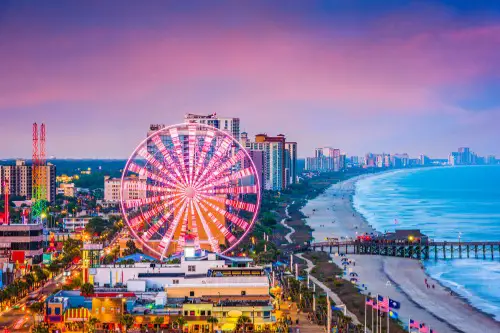
South Carolina has a complex relationship with its history, especially concerning slavery and the Civil War, according to Jalen Coats from National Geographic. The state was the first to secede from the Union, and much of its heritage is deeply entwined with its antebellum past. There’s a quiet tension in the air when it comes to discussions about Confederate monuments and what they represent. Some locals tend to steer clear of these topics, perhaps because they bring up uncomfortable truths about South Carolina’s role in perpetuating racial inequality.
Though Charleston is known for its historic charm, it also carries the weight of its role in the transatlantic slave trade. Locals may be reluctant to dive into conversations about the lasting impact of slavery and how it shaped the state’s economy and social structure. Many in South Carolina are proud of their culture and history, but they may shy away from openly acknowledging the full scope of their past. This silence can sometimes make it hard for outsiders to understand the full historical context of the state.
3. Georgia
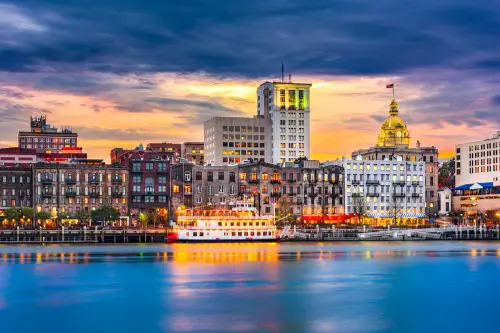
In Georgia, the history of race relations, particularly during the Civil Rights Movement, is often a delicate subject, according to Stephen Tuck from the New Georgia Encyclopedia. The state was home to many pivotal moments in the fight for racial equality, including the tragic deaths of activists like the Rev. Dr. Martin Luther King Jr. and the students who participated in the Atlanta sit-ins. Despite the strides made in recent decades, discussions about the scars left by segregation can feel tense, especially among older generations.
Georgians may often choose to focus on their state’s vibrant cultural history rather than dive into its less flattering past. Atlanta, a major hub of the civil rights movement, remains an example of the state’s complex relationship with its history. While the city embraces its pivotal role in the movement, other parts of Georgia may avoid or downplay these aspects, especially in communities where old prejudices still linger. It’s a balancing act between pride and painful reminders of a less unified time.
4. Mississippi
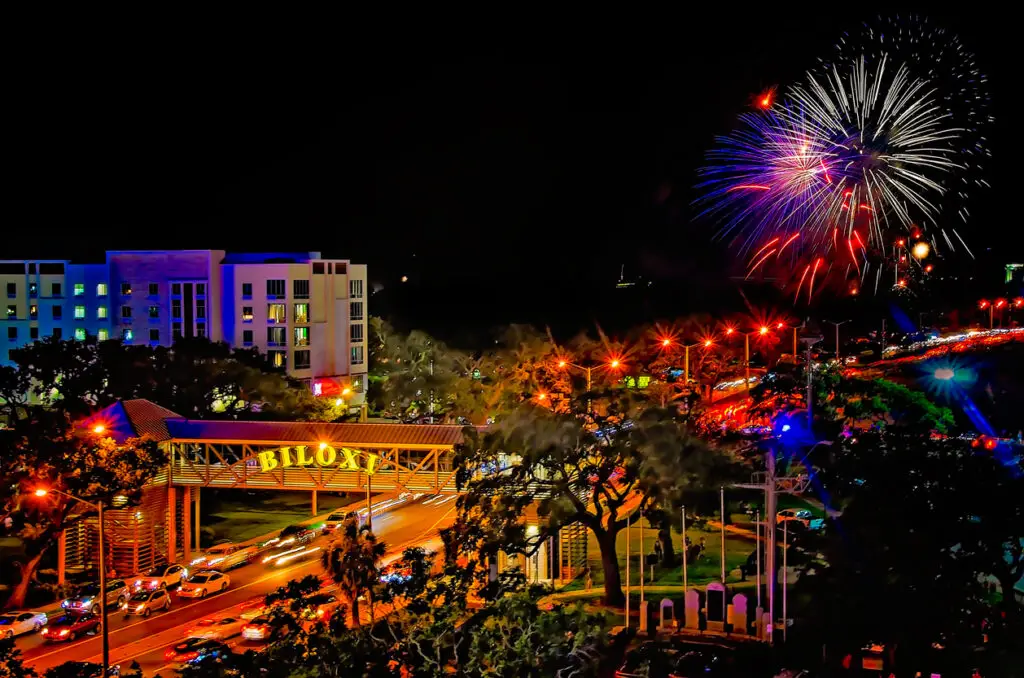
Mississippi is one of those states where the past is still very much alive, but locals may prefer to keep certain parts of it buried. The state has a notorious history in terms of racial violence, from the brutal murder of Emmett Till to the murders of civil rights workers in the 1960s, according to Larry Bleiberg from the BBC. While many residents are proud of their state’s resilience and culture, conversations around the brutal history of racism can cause discomfort. There’s a tendency to keep these darker chapters of Mississippi’s history off the table, particularly in smaller towns where the scars run deep.
That said, in recent years, there has been some movement toward acknowledging and confronting the past. However, for many, it’s easier to talk about the state’s rich music and literary history than its role in perpetuating racial segregation. People may also avoid talking about the economic hardships faced by Black Mississippians due to centuries of systemic injustice. In some ways, there’s a desire to protect the state’s image while leaving painful historical wounds unexamined.
5. Louisiana
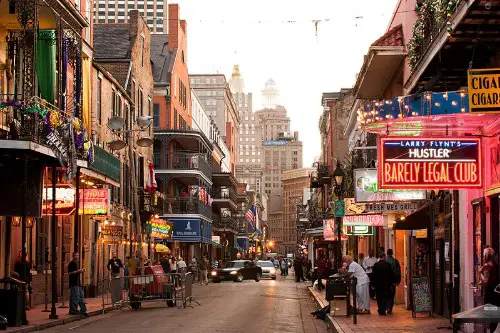
Louisiana, with its French and Creole heritage, has a history rich with both pride and shame. The state’s relationship with slavery and its post-Civil War struggles are often topics people choose to sidestep. While New Orleans is known for its vibrant cultural scene, it also has a dark past, with the legacy of slavery still deeply embedded in the social fabric. The complexities of race relations and the historical exploitation of African Americans are not often discussed openly, especially in more rural areas.
Though the state’s history is intertwined with the stories of French settlers, Native Americans, and African slaves, locals might shy away from conversations about the exploitation of these groups. The absence of open dialogue about the struggles faced by Black Louisianans can leave gaps in understanding. For many, Louisiana’s more celebratory history of jazz, cuisine, and Mardi Gras is far more comfortable to talk about than the deep racial divides and exploitation that shaped much of its early history. The challenge lies in reconciling these two sides of the state’s complex identity.
6. Virginia

Virginia is another state where residents may keep quiet about certain parts of their history, especially regarding the Civil War. While the state was pivotal in the conflict, it also became a site of extreme division and violence during Reconstruction. The legacy of the Confederacy still lingers in some parts of Virginia, with monuments and battlefields serving as reminders of the state’s Confederate past. For some locals, discussing the lasting impact of that history on modern racial tensions can be uncomfortable.
At the same time, Virginia is home to many historic sites, including Jamestown, the birthplace of American democracy. These more positive historical landmarks are often highlighted instead of focusing on the state’s role in enforcing slavery. The tension between embracing the state’s colonial history and grappling with its Confederate past makes for an interesting dynamic. Many residents prefer to leave certain topics unspoken to avoid igniting long-standing disagreements.
7. Tennessee
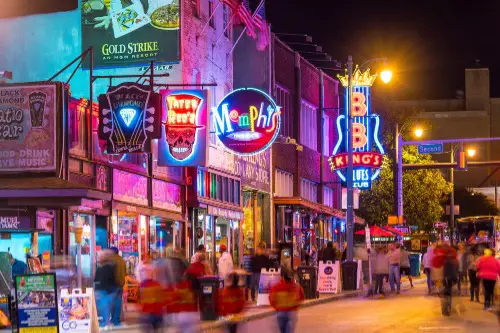
Tennessee’s history is full of musical legends and Civil War battles, but it also has moments that people don’t always bring up in conversation. The state was home to the infamous Trail of Tears, a dark chapter in Native American history, where thousands of Cherokee were forcibly relocated. There’s a tendency to keep these painful memories, along with the history of slavery and racial violence, from becoming the focal point of discussions. Many Tennesseans prefer to focus on the state’s contributions to music and culture rather than dive into its racial struggles.
That being said, cities like Memphis, which played a significant role in the Civil Rights Movement, offer a more open dialogue about these issues. However, in rural parts of Tennessee, history often gets swept under the rug to avoid revisiting painful topics. Whether it’s the legacy of the Ku Klux Klan or the division caused by the Civil War, there’s a sense that the past is often better left in the past. Locals may be more inclined to discuss the state’s contributions to blues, soul, and country music than its racial history.
8. Kentucky
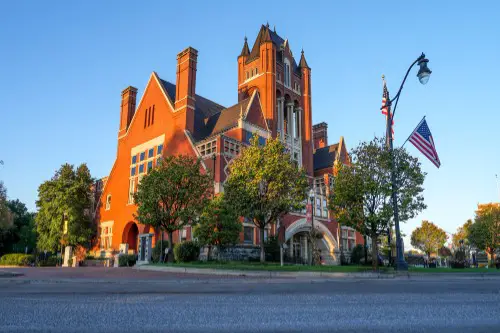
Kentucky may seem like a quiet, picturesque state, but it has a history that locals don’t always openly address. The state’s role in the Civil War, where it was a border state with divided loyalties, can create tension when discussed. Many people in Kentucky might avoid delving into the bitter divisions between Union and Confederate sympathizers, especially as the state remained divided on issues of slavery and loyalty. This tension still affects the way history is discussed in Kentucky.
Additionally, Kentucky’s long-standing issues with race relations, especially in rural areas, are often quietly avoided. Though the state has a history of being home to famous figures like Muhammad Ali and Abraham Lincoln, the struggles of African Americans in Kentucky often take a backseat in conversations. Acknowledging the state’s history of segregation and economic disparities can be uncomfortable for some residents, who may prefer to focus on the state’s sporting or agricultural traditions instead. This creates a layered history where much is left unsaid.
9. Arkansas

Arkansas’s history is one marked by struggles over civil rights and the forced integration of schools, and many residents prefer to keep these stories quiet. The state gained national attention in 1957 when nine Black students were blocked from entering Little Rock Central High by the Arkansas National Guard. While this event was a critical moment in the Civil Rights Movement, it’s often left out of casual conversations. The social divides that still linger in Arkansas mean that these discussions are often avoided, particularly in more rural areas.
Locals may prefer to talk about the state’s natural beauty, farming heritage, or even its role in the Ozarks’ cultural history. Conversations about the state’s history of segregation and the trauma left behind often go undiscussed. This reluctance to confront the darker moments of its past can leave Arkansas’s history feeling incomplete in the eyes of outsiders. The state’s reluctance to confront these issues head-on is a form of preserving local harmony, even if it means ignoring painful truths.
10. North Carolina
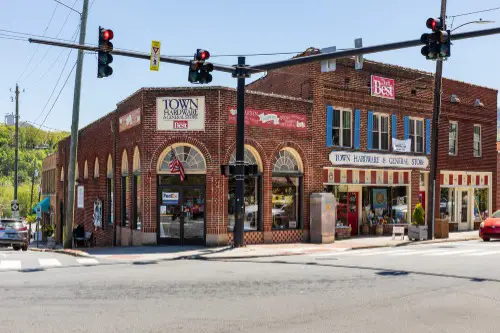
North Carolina, like its southern neighbors, has a history entwined with slavery, the Civil War, and the civil rights struggles that followed. The state is home to many key historical sites related to the American Revolution, but when it comes to discussing its post-Civil War history, many locals prefer to stay silent. The history of racial inequality in places like Greensboro, where protests led to the Woolworth’s lunch counter sit-ins, can make people uncomfortable. For some, it’s easier to focus on the state’s role in American history and politics rather than its complicated racial past.
Additionally, North Carolina’s role in the development of the tobacco industry is a history that’s sometimes discussed without acknowledging its connection to slavery and exploitation. The legacy of this industry, which was built on the labor of enslaved people, can be a difficult conversation for many residents. Local pride in the state’s agricultural achievements often overshadows its darker history. As a result, parts of North Carolina’s past remain quietly unspoken, especially in rural areas.
11. Missouri
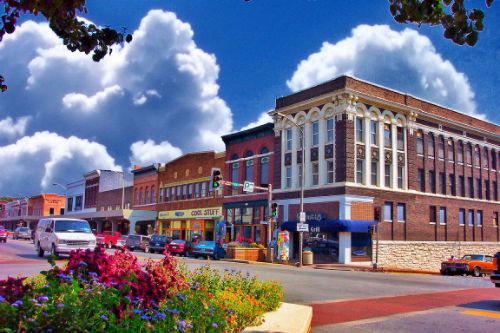
Missouri’s history is steeped in both Northern and Southern influences, making it a state of complicated loyalties during the Civil War. The state was home to both Union and Confederate sympathizers, which created deep divisions that still echo in today’s society. While many residents are proud of Missouri’s role in the Westward Expansion and its cultural contributions, discussions about its turbulent Civil War history can be uncomfortable. Locals may avoid confronting the violence and political battles that shaped the state’s history.
The legacy of slavery and racial segregation is also a sensitive subject in Missouri, especially in areas that were historically divided. Many people avoid discussing the state’s role in perpetuating these injustices, opting instead to focus on more neutral aspects of Missouri’s history, like its political or industrial achievements. There’s also a hesitance to dive into the racially charged incidents that have taken place in the state, such as the unrest in Ferguson. In some circles, avoiding these topics helps maintain social harmony, even if it means ignoring the full historical picture.
12. Oklahoma

Oklahoma’s history, particularly with the forced relocation of Native American tribes, is often brushed aside in favor of celebrating its agricultural roots. The state’s infamous “Trail of Tears,” where thousands of Native Americans were displaced from their land, is a subject that many locals prefer to leave untouched. While Oklahoma is home to a vibrant Native American population and rich indigenous cultures, the trauma of this history is not always acknowledged. The painful legacy of forced assimilation and land theft is often quietly avoided in conversation.
However, Oklahoma also has a history of racial violence, particularly during the 1921 Tulsa Race Massacre, which devastated the Black community of Greenwood. Many people in the state either downplay or forget about this dark chapter of history, especially in rural areas where there’s still resistance to addressing past injustices. For many Oklahomans, it’s easier to talk about the state’s oil wealth and pioneering spirit than the ongoing struggles faced by Native and Black communities. As a result, much of the state’s difficult past is swept under the rug.
13. Florida

Florida’s history is a complex tapestry of indigenous cultures, colonialism, and racial strife, but locals often avoid discussing its more uncomfortable chapters. The state has a legacy of racial segregation, particularly in its school systems, and many people are hesitant to talk about how deeply entrenched these systems were. The state’s history of violent uprisings, like the 1920 Ocoee Massacre, is not a widely discussed subject. Locals often focus on Florida’s reputation for tourism and its reputation as a retirement haven, rather than its history of racial inequality.
There’s also the issue of the state’s colonial past, which involves both Spanish and British rule, and its impact on native populations. Florida’s history of Native American displacement and the struggles of African Americans during and after slavery are often left out of public discourse. While places like Miami celebrate their multiculturalism, many other areas of Florida are much more conservative in how they approach the state’s history. As a result, much of Florida’s less savory history remains unsaid in everyday conversations.


